Part I
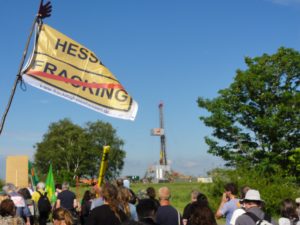 Many folks around the world see Germany as a progressive “green energy“ country and think it has banned fracking. Unfortunately, both statements are untrue.
Many folks around the world see Germany as a progressive “green energy“ country and think it has banned fracking. Unfortunately, both statements are untrue.
In October 2017, federal environment ministry calculations showed that – without further action – Germany would miss its 2020 climate target by a wider margin than previously anticipated (a drop in emissions of only 31 – 33 percent instead of 40 percent).
But instead of increasing desperately needed further actions, the current (and former) government watered down the 2020 emission reduction goal. Conservatives (CDU) and Socialdemocrats (SPD) now want to close the current gap “as much as possible” and reach the target “as soon as possible”.
However, it is simply beyond belief that this is anythiing but a spineless promise particularly if we take a closer look at Germany’s gas consumption.
“Gassy” Germany Beats “Green” Germany
Despite its “green” image, Germany remains the biggest gas consumer in Europe. With almost 92 billion cubic metres (bcm) of consumption in 2017, fossil gas accounted for 24 percent in Germany’s primary energy consumption.



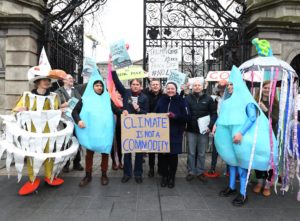 The Green Island is on a positive path towards a fossil-free future. However, things are far from perfect and the country might even miss the 2020 climate targets, which could force
The Green Island is on a positive path towards a fossil-free future. However, things are far from perfect and the country might even miss the 2020 climate targets, which could force 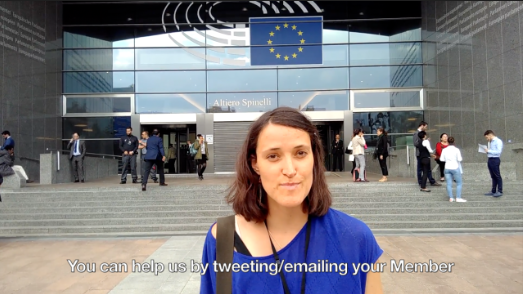




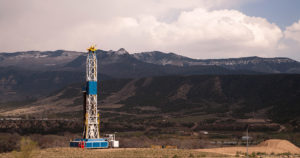 his is the translation of a
his is the translation of a 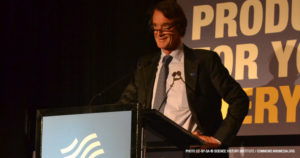 The British media are buzzing about a big change at the top: The richest man in the UK, it turns out, is now a fabulously wealthy chemical CEO who tries to keep a low profile.
The British media are buzzing about a big change at the top: The richest man in the UK, it turns out, is now a fabulously wealthy chemical CEO who tries to keep a low profile.